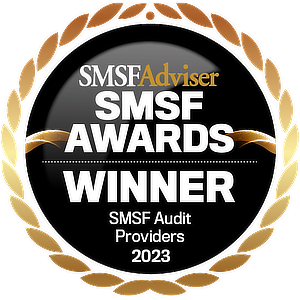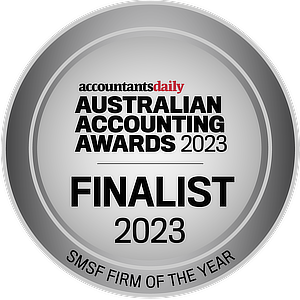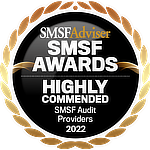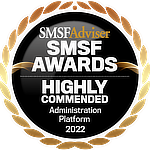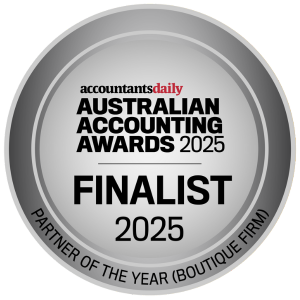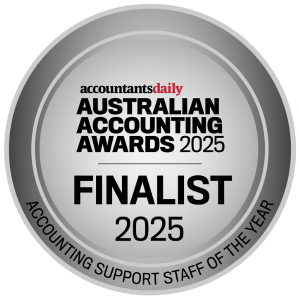As an SMSF service provider to trustees, accountants and financial planners, one very common question we get asked is whether a self-managed super fund can buy commercial property from a member or related party. The short answer is yes; it is possible for your SMSF to buy your business premises, as long as certain conditions are met.
What are the conditions?
Trustees are generally prohibited from buying assets from members or related parties. However, there is an exception for ‘business real property’. A property meeting this definition is able to be acquired from a member or related party – although the following issues need to be considered:
- Most importantly, the property must be used wholly and exclusively in a business. It can be used either in your own business or someone else’s, as long as it’s used in a business.
- The term ‘wholly and exclusively’ is also very important to understand. If the property was used for partly private purposes then it will likely fail this test. For example, if the property consisted of a shop downstairs and a small private residence at the top, then it would fail the ‘wholly and exclusively’ test. (Note an exemption exists where the property is used in primary production business.)
- Also, the business premises must be real property (generally any freehold or leasehold interest). If you conduct your business from a 20-foot yacht, this is not considered real property and, therefore, it is not able to be transferred into your SMSF.
- Another important requirement is that any business real property purchased from a member or related party by the SMSF must be transferred at market value.
- The purchase of the business real property would also need to be permitted in the fund’s investment strategy.
- The property acquisition must be in line with the sole purpose test. This test requires that the fund is maintained for the purpose of providing retirement benefits for its members. Any pre-retirement benefit to a member personally or to a related party may result in the sole purpose test being breached.
- The purchase of commercial property from a member or related party is a popular strategy, in part as the property is able to be leased to the member’s (or related party’s) business. However, in order to comply with the superannuation rules, the lease must be maintained on arm’s-length terms, which include that a market rate of rent be paid to the SMSF.
- There are other matters that should also be considered for this strategy, including CGT implications, stamp duty, liquidity issues and estate planning.
How complicated is it?
While the above issues may not sound too complicated, it can be problematic down the track if any of the requirements above are not met.
We have seen complications arising due to complexities with properties meeting the ‘business real property’ definition – the method used to determine market value and demonstrating a related party’s lease is being maintained on arm’s-length terms. We recommend any trustee considering this strategy contact our office and discuss their particular situation.
What about residential property?
As we stated earlier, trustees are generally prohibited from buying assets from members or related parties. There is no exception in this rule for the acquisition of residential property. Although many trustees might like to transfer one of their residential properties into their fund, an SMSF trustee is prohibited from purchasing residential property from a related party.

